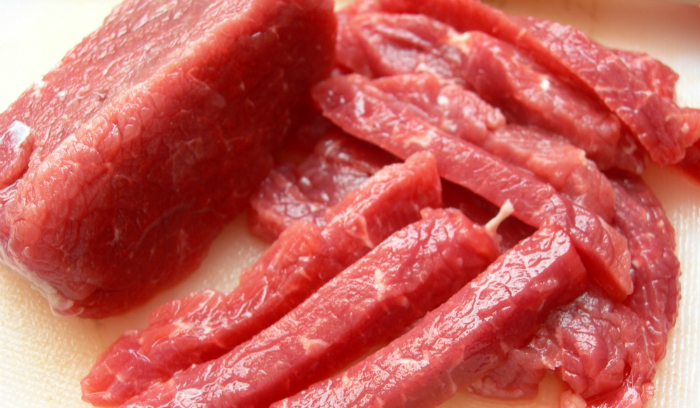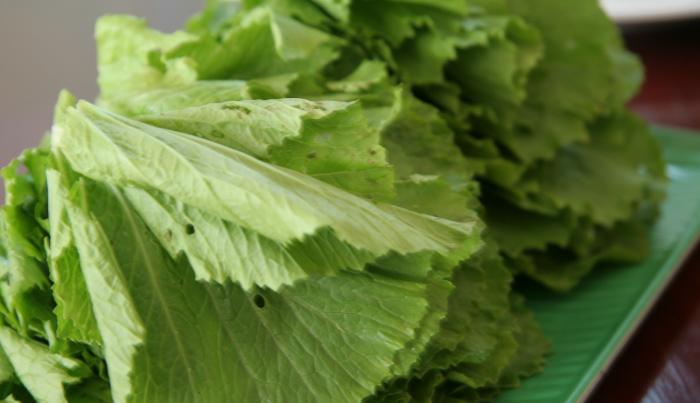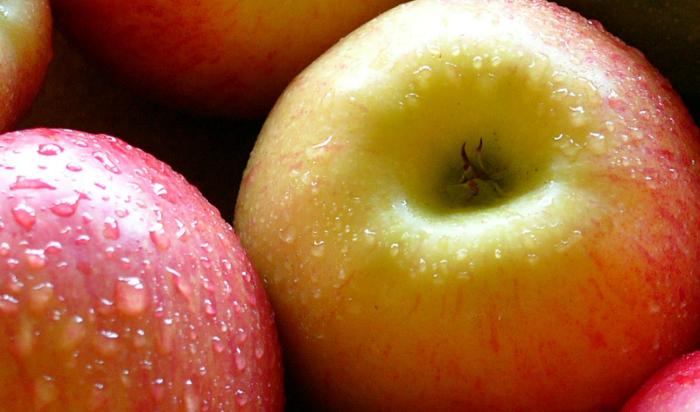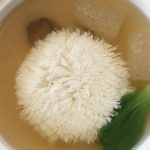1. Meat
When purchasing pork, look for lean meat without fat and a dark red color similar to beef. Avoid meat that has been treated with weight-gain drugs containing corticosteroids, as they can disrupt metabolism and potentially cause bladder cancer.
For lamb and beef, be cautious of any meat with large white spots or fiber-like seeds between the meat. Also, ensure that the meat is fresh and not expired.
When selecting chicken, opt for natural colors, smooth meat, high elasticity of the skin, and no stains or mold. Avoid chicken with dark-colored skin, as it may indicate that the chicken has died and has not been properly prepared.

2. Fish
When choosing fish, select fish that are swimming in water to ensure freshness and taste. Check for stiff fins, firm meat, bright red color, stiff mouth, clear eyes, and no sliminess or foul smell.
Avoid fish with sunken eyes, open mouth, gray and slimy meat, and foul smell. Fish fed with antibiotics may have less firm flesh and a stronger fishy taste.

3. Green vegetables
Choose younger leaves that are dark green, crisp, and show no signs of disease. Be cautious of vegetables that have been overly fertilized or sprayed with excessive pesticides without proper quarantine periods.

3. Tofu, beans
Look for white, big, plump, and firm tofu with roots and long stems. Avoid tofu that has been treated with water retention agents and root-killing chemicals during fermentation.

4. Fruits
When it comes to fruits like oranges, lemons, apples, and pears, be cautious of fruits with a shiny surface that can be stored for a long time without rotting. These fruits may have been treated with plant protection chemicals that can be harmful if consumed.
For durian and jackfruit, avoid fruits that lack the characteristic aroma, especially the smell of sulfur. These fruits may have been bought while still green and artificially ripened using chemicals.

5. Noodles, vermicelli, rice noodles
Be cautious of noodles, vermicelli, and rice noodles that have a brighter color than usual, as they may have been whitened during processing. Also, avoid noodles that have been left overnight without spoiling, as they may contain preservatives such as formaldehyde.

6. Eggs
Check the freshness of eggs by shaking them. Freshly laid eggs will make no sound when shaken, while older eggs will produce a louder sound.

You can also drop the egg into a glass of water to check its freshness. Eggs that float on the surface should be discarded, as they have been stored for too long and are no longer fresh.

7. Animal organs
Choose foods with clear veterinary quarantine certificates. Look for organs with a natural color, no strange smells, firmness when pressed, good elasticity, and no excessive watery or slimy texture. The blood vessels on the organs should be pink and vibrant.




































